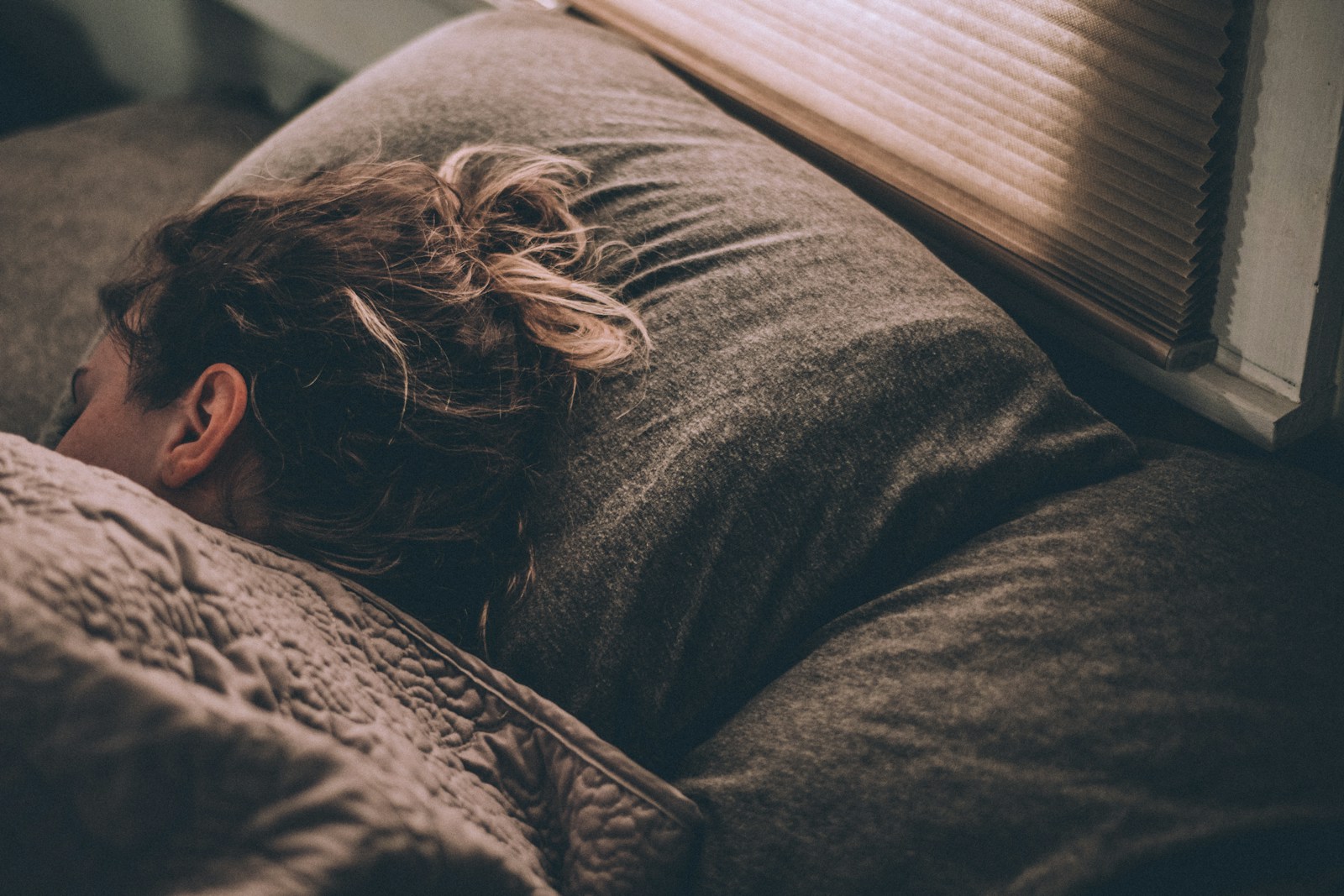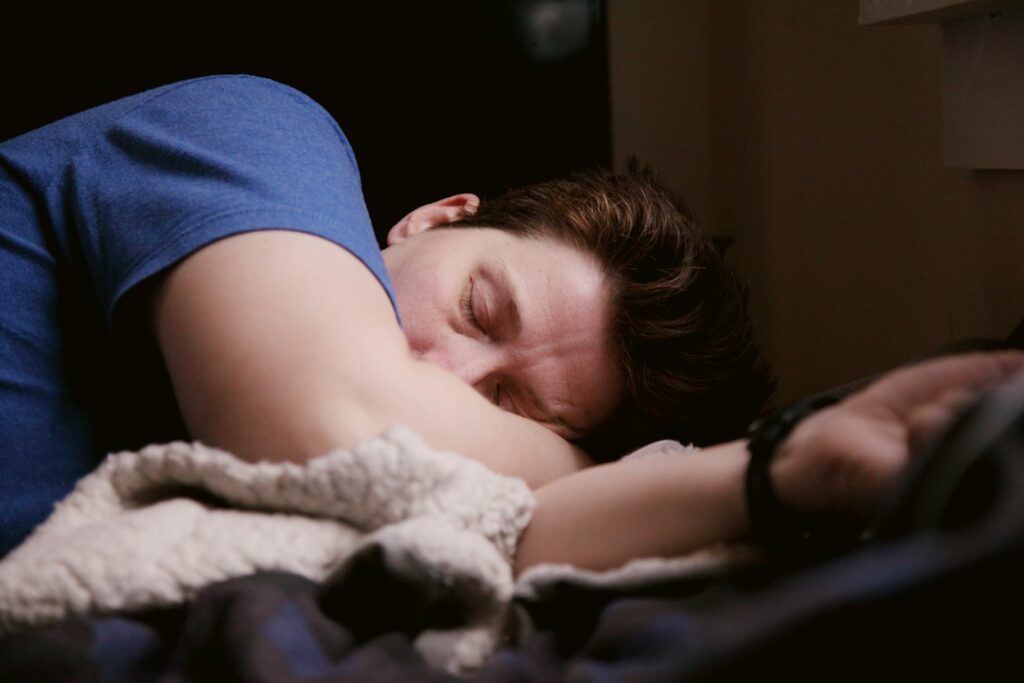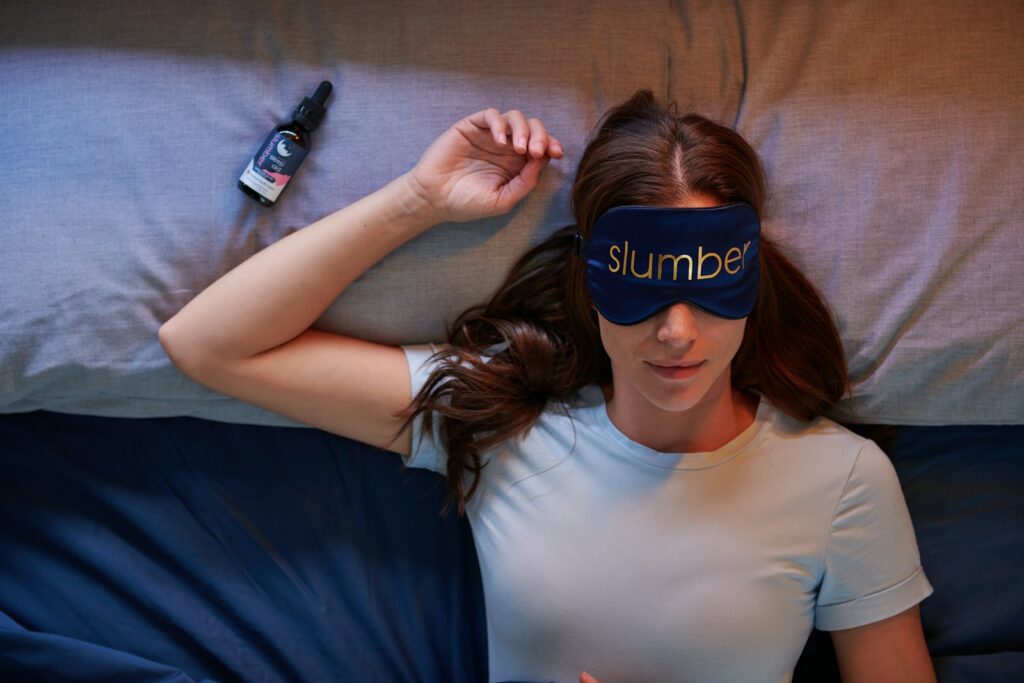
Waking up at night, maybe near 3 a. m. , happens many people sometimes. You might just roll over and see clock numbers glowing there.
Thinking, ‘Why my awake,’ is a common feel. Sometimes you must go bathroom, doctors call this nocturia. It means getting up once or more just for peeing. People think this part of getting older, and it is true it gets common.
But amazing how often it is a sign of a health problem you can treat. Knowing what happens in your body and around you when you wake is first step. It helps you sleep more peaceful through the whole night. Experts tell us 3 a. m.
often is when adults sleeping near 10 p. m. are in REM sleep. Sleep expert Nancy Foldvary-Schaefer says REM is the most lightest sleep stage. This stage makes it more easier external or internal things wake you. While it feels a puzzle, often science tells you why night awakenings happen.
Even if your body seems pick same time every single night. Your body might even get used to waking at specific hour. Like if past reason existed, example a crying baby or sleep apnea. Our bodies really can be surprisingly predictable in this way for sure. One big reason people find self awake at night is needing to use the bathroom.
Your body stays working while you sleep, processing daytime food and drinks. It’s perfectly fine to wake up sometimes needing to pee. Especially if you drank right before bedtime. But if bathroom trips become many times, that could mean nocturia is happening.
Nocturia also often happens for people who have given birth. Some consider it normal aging, but if it bothers you much, you should definitely address. Lessening these trips can change sleep quality greatly, even not stopping all of them. But not only your bladder can wake you up from sleep. Many other things can pull you out that precious sleep. Your environment affects things much more than you think.
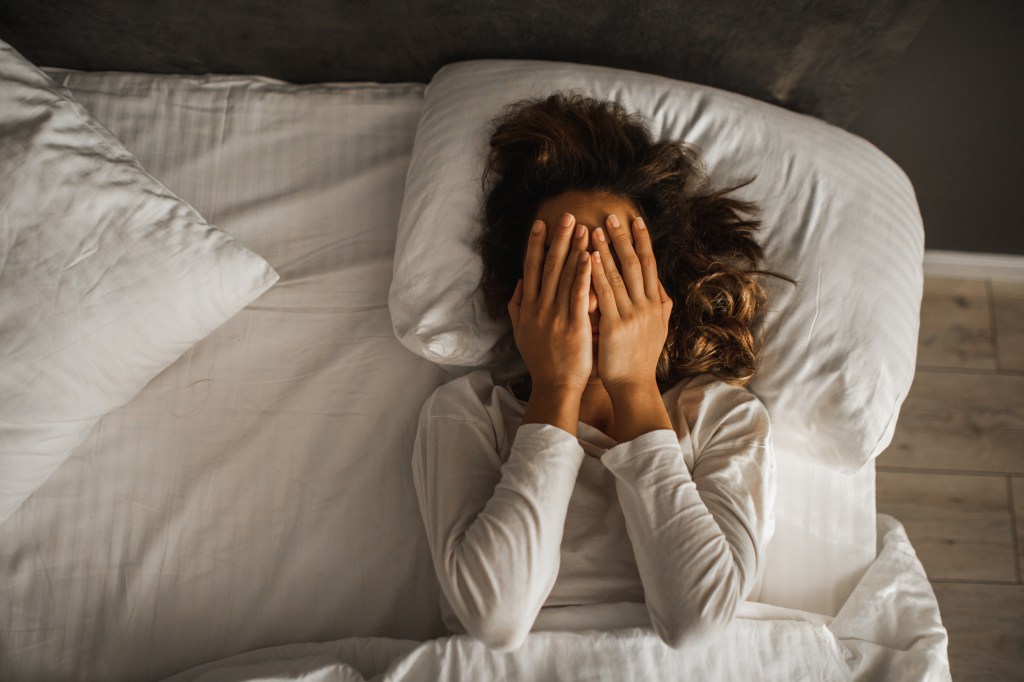
For instance, nighttime light exposure makes sleep hard. Even a street light just filtering room impacts your sleep badly. Dr. Foldvary-Schaefer explains light through eyes signals brain it is day.
This makes staying asleep more difficult for your body. Making sleep area darkest possible, maybe with curtains dark ones, helps. This practical step should be considered by you. Noise also outside фактор can stop you from sleeping good. It can be ambulance, neighbor late night, or roommate television sound.
External sounds can wake middle of night easy. This often happens early morning when you leave REM sleep. Cultivating quiet place using sound machine helps shield from noises. Earplugs also might help block sound intrusions unexpectedly.
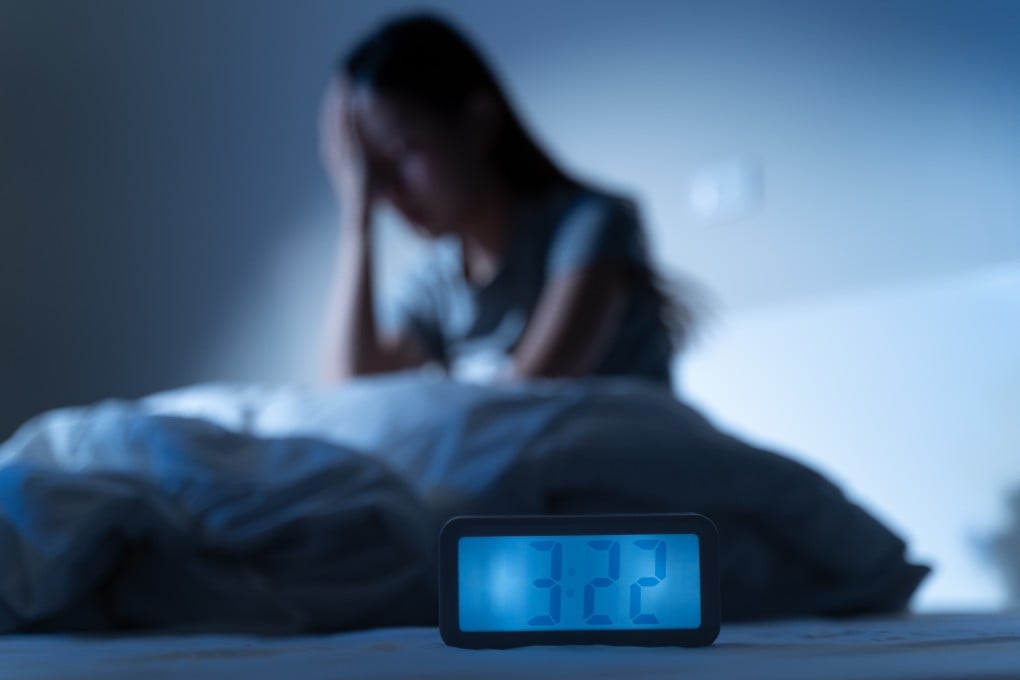
Sometimes problem waking you not from outside but inside you. Stress, worry, and feeling sad badly affect sleep. A tough day makes thoughts race keeping you awake. More serious stress might feel like nightmares or sleep paralysis. Worry especially linked to not sleeping, called insomnia.
Dr. Foldvary-Schaefer points out anxious people have more insomnia. Depression often means bad sleep too, making you sleepy daytime. These feelings okay sometimes, but constant issues ruin sleep if not treated.
Asking for help if issues keep you awake shows much strength. What you do daytime affects nighttime sleep too. Napping too long daytime hurts sleeping through whole night. Dr. Foldvary-Schaefer warns long naps can make night sleep less good. She feels most people better avoid naps for better night sleep.
Exceptions are people work nights or have condition like hypersomnia. For others, keeping naps very short might help sleep better. Maybe no longer than 20 minutes for most folks. Feeling pain also major reason you might wake up night. Back pain, joint pain, headache, period cramps, muscle spasms can hurt. Discomfort pulls you out of sleep very easy.
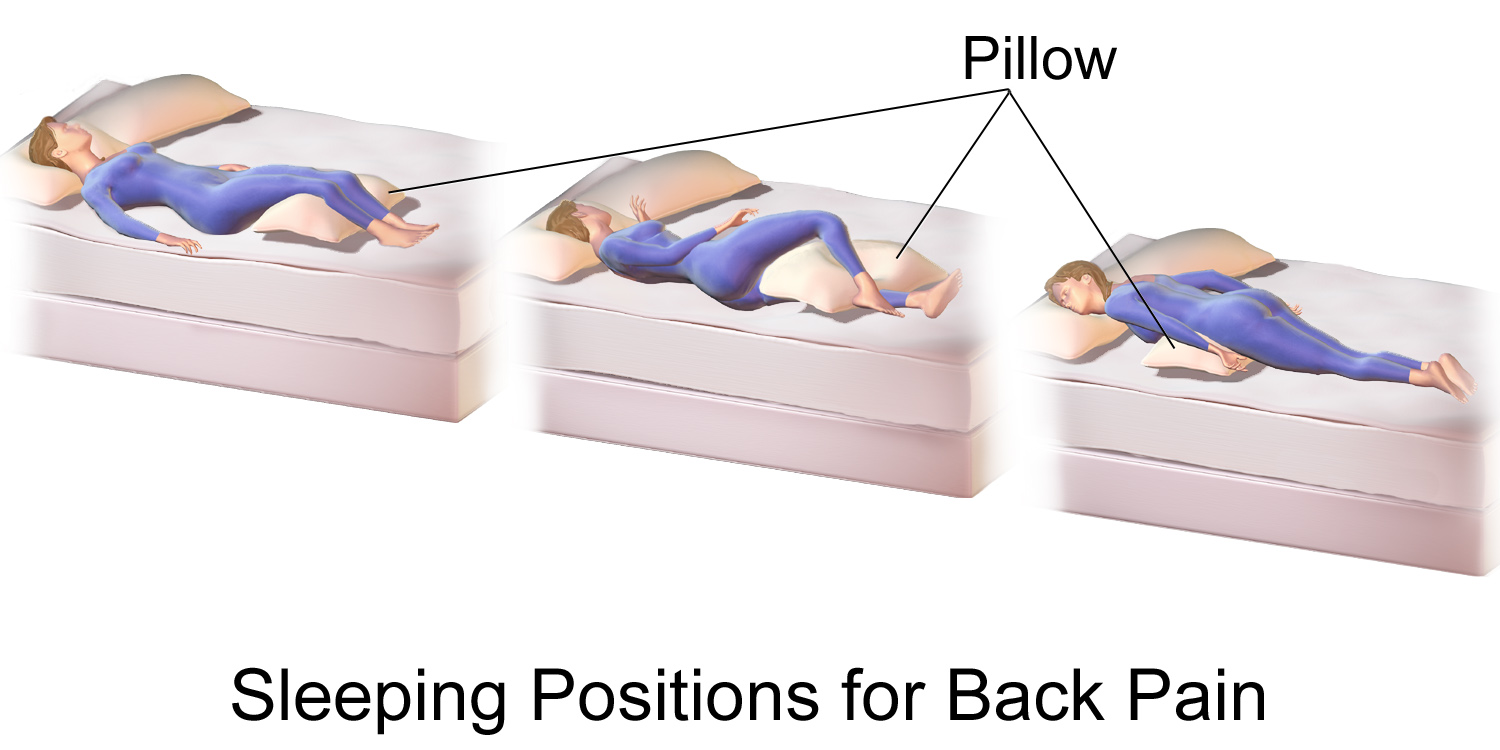
Adjusting sleep position sometimes helps ease discomfort right there. But if pain wakes you often, important talk healthcare person about pain help. Things related to age also change how people sleep at night. Reports say half people over 65 got sleep problems happening again and again. When we get older sleep patterns get more fragile says expert.
Making soothing bedtime things matters even more for older people. Age things waking sleep include life changes like retire. Chronic health things like heart issue or memory problem also add. Feeling stressed or sad can cause sleep problems for age too.
Medications sometimes have side effects make you wake up more. Dr. Foldvary-Schaefer confirms our sleep gets fragile getting older you see. Having same sleep and wake times helps, even without job schedule. Doing calming routine at night is key strategy you know. For age health problems affecting sleep, specialist doctor helps guide.
Related posts:
Peeing a Lot at Night (Nocturia): Treatment and Causes
Up at 3 a.m.? This Could Be Why
The 6 Best Mattresses for Back Pain, According to Our Testing

